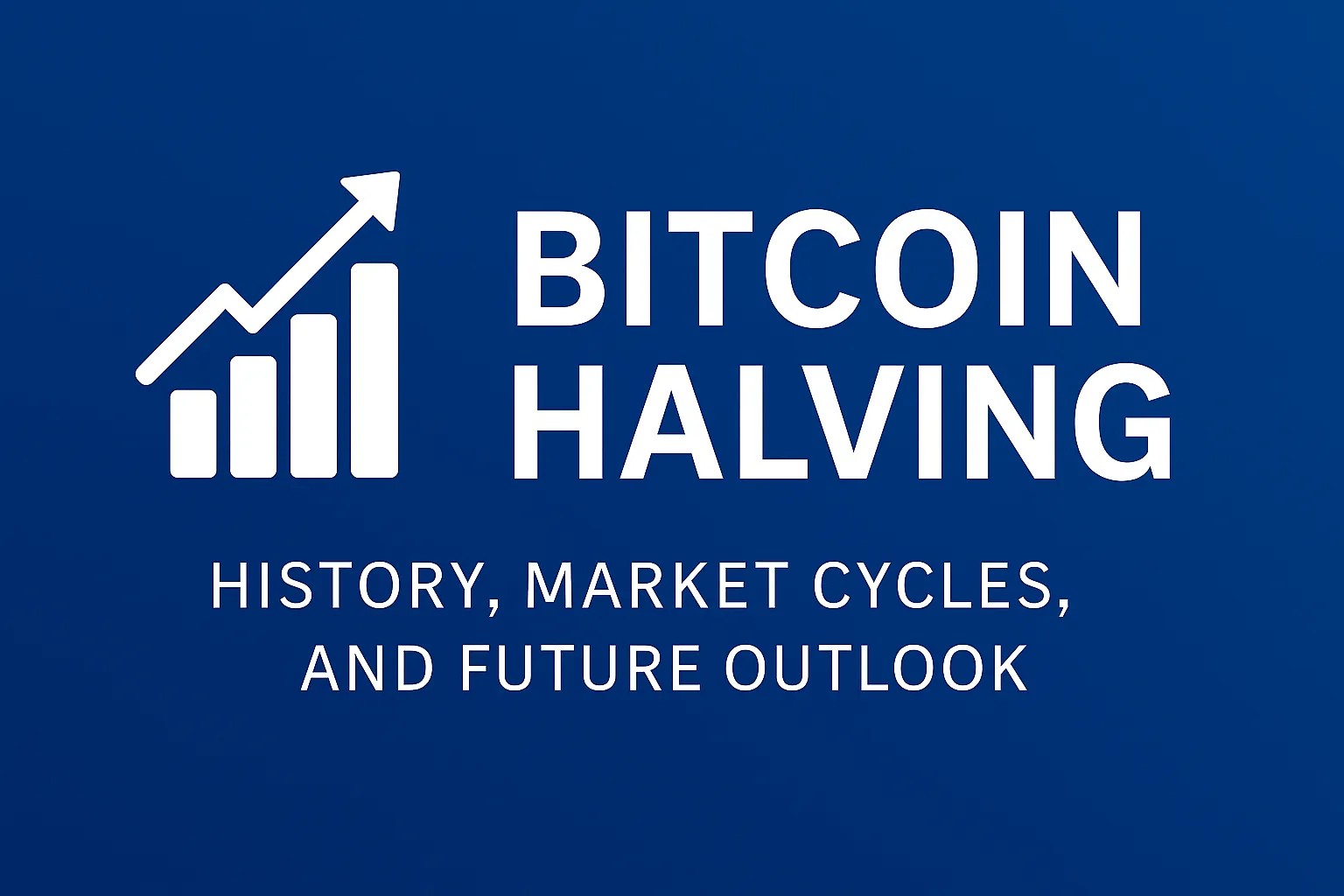 BrokerHiveX
BrokerHiveX BrokerHiveX
BrokerHiveX BrokerHiveX
BrokerHiveXSummary:A comprehensive analysis of the Bitcoin halving mechanism, including its principles, historical trends, impact on market prices and miners, and future trends, to help investors understand this critical event.

What makes Bitcoin unique is its deflationary design .
According to the Bitcoin white paper, a "block reward halving" will occur every 210,000 blocks (approximately four years), that is, the reward for miners to mine new blocks will be reduced by half. This mechanism is called Bitcoin Halving .
Initial reward: 50 BTC
First halving (2012): 25 BTC
Second halving (2016): 12.5 BTC
Third halving (2020): 6.25 BTC
Fourth halving (estimated 2024): 3.125 BTC
Deflationary Mechanism
Halving means a decrease in the rate at which new Bitcoins are issued
Increased scarcity, potentially driving up prices
Supply and demand
Supply is halved, and if demand stabilizes or even increases → prices may rise
Currency comparison
Unlike fiat currencies, which are issued indefinitely, the total amount of Bitcoin is constant at 21 million.
The halving mechanism is called the "mining model of digital gold"
November 2012
Price: From $12 to $1,000
Significance: Proving the scarcity value of Bitcoin for the first time
Time: July 2016
Price: From $650 to $20,000 by the end of 2017
Significance: Triggered the first global crypto bull market
Time: May 2020
Price: From $9,000 to $68,000 in November 2021
Significance: DeFi, NFTs, and institutional funds jointly push Bitcoin to a record high
Block reward reduction
As profits decline, some small miners exit the market
Mining difficulty and computing power adjustment
Miner centralization trend intensifies
Large mining pools and capital advantages are obvious
Long-term effects
Encourage miners to earn income from transaction fees
The security of the Bitcoin network depends on transaction volume and fees
Pre-halving market
The market usually hypes up the halving expectations in advance
Bitcoin prices often begin to rise months before halvings
Post-halving effect
Historically, prices have reached new highs 12-18 months after the halving.
However, there may be adjustments and fluctuations in the short term.
Investment Logic
Long-term holding (HODL) is the most common strategy
Institutional investors gradually view halving as a strategic allocation opportunity
The market has digested expectations
Some analysts believe that the halving effect is gradually weakening
Investors may be overly optimistic
Impact of regulatory policies
U.S. SEC, central bank policies may curb bull market
Miner centralization risk
A small number of mining pools control computing power, which may affect network security
Macroeconomic environment
Global interest rate hikes and economic recession may weaken the appeal of the crypto market
CoinDesk : Bitcoin halving is still a long-term positive, but short-term fluctuations are inevitable
Bloomberg : History shows that Bitcoin may reach a new high after halving, but it is not inevitable
ARK Invest (Cathie Wood): Bitcoin will become a "global store of value" in the next decade
Fourth halving (2024)
The reward will be reduced to 3.125 BTC
Market expectations suggest the price may exceed $100,000
Long-term effects
By 2140, the last Bitcoin will be mined
The network will rely entirely on transaction fees to maintain its operation
Don’t blindly chase high prices, treat the halving market rationally
Long-term allocation is better than short-term speculation
Judging trends based on the macro environment and regulatory policies
Bitcoin halving is at the heart of its economic model:
Scarcity : Reduce supply and strengthen the “digital gold” attribute
Market law : bull market has always come after each halving
Long-term value : attracting continued attention from institutions and investors
👉 For investors: Halving is an important reference, but not the only factor 👉 For the industry: The halving mechanism ensures that Bitcoin always maintains scarcity and long-term value
BrokerHivex is a financial media platform that displays information sourced from the public internet or uploaded by users. BrokerHivex does not endorse any trading platform or instrument. We are not responsible for any trading disputes or losses arising from the use of this information. Please note that the information displayed on the platform may be delayed, and users should independently verify its accuracy.